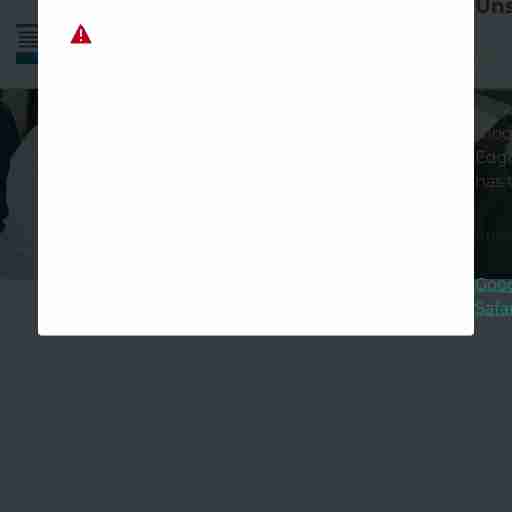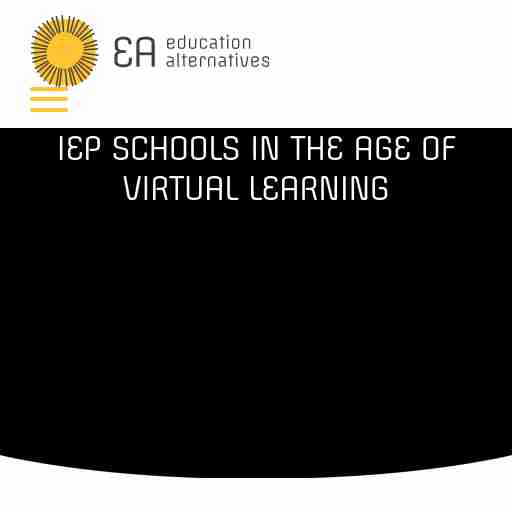Individualized Education Programs (IEPs) are a critical component of special education services. These programs outline the unique needs and goals of students with disabilities, and provide a roadmap for how schools will support them. However, simply creating an IEP is not enough - it must be fulfilled in order to truly benefit the student.
IEP fulfillment refers to the process of ensuring that all components of a student's Individualized Education Program are implemented as intended. This includes:
In short, IEP fulfillment means making sure that students receive the support they need to access their education and achieve their goals.
Fulfilling an IEP is crucial for several reasons:
Fulfilling an IEP requires collaboration among many different stakeholders, including teachers, parents, and service providers. Here are some tips for ensuring that the process goes smoothly:
Fulfilling an IEP is essential for ensuring that students with disabilities receive the support they need to succeed. By regularly reviewing, communicating, and making adjustments as needed, schools can help students achieve their goals and reach their full potential.
If you have any questions about IEP fulfillment or would like more information about special education services, please contact our team at [company name]. We are dedicated to providing high-quality support to all students.
---

Individualized Education Programs (IEPs) ... Michigan intermediate school districts (ISD) fulfill an important role in ensuring students have access to ... The web Browser you are currently using is unsupported, and some features of this site may not work as intended. Please update to a modern browser such as Chrome, Firefox or Edge to experience all features Michigan.gov has to offer. Individualized Education Program (IEP) High school student using a Braille writer. Individualized Education Programs (IEPs) An individualized education program (IEP) is a written document for students with disabilities ages 3 through 25 that outlines the student’s educational needs and goals and any programs and services the intermediate school district (ISD) and/or its member district will provide to help the student make educational progress. The document is written by the IEP team at an IEP team meeting. The IEP is reviewed at least once a year. Individualized Education Program (IEP) Development: Present Level of Academic Achievement and Functional Performance (PLAAFP) (PDF) This document supports IEP teams in developing a present level of academic achievement and functional performance statement that supports both the compliance and substantive obligation of providing a free appropriate public education (FAPE) under IDEA. Least Restrictive Environment (LRE): A Technical Assistance Case Study (PDF) IDEA requires state education agencies to carry out activities to ensure teachers and administrators in all public agencies are fully informed about their responsibilities for implementing LRE. The case study, continuum, and scenarios are training and awareness building tools for public agencies to use with general education and special education teachers and administrators.

Nov 18, 2020 ... The good news is that students are still entitled to free and appropriate public education, including fulfillment of their IEP, whether they ... IEP SCHOOLS IN THE AGE OF VIRTUAL LEARNING Posted In: Education, IEP, Technology In March, the COVID-19 pandemic dramatically changed how most children and teens learn. The shift was difficult for most families, with parents scrambling to meet their children’s academic needs while working full-time and children coping with the loss of peer interaction and uncertainty. For families with children on IEPs for emotional and behavioral challenges, the difficulties went beyond the typical. As weeks turned into months, parents and caregivers began noticing regression, loss of academic and social progress, and even new negative behaviors emerging as a response to stress. Alternative schools like Education Alternatives, that provide different settings for students with intensive behavior needs, were faced with an unprecedented challenge: providing special education services that looked and felt like the personalized, compassionate, student-centered learning families had come to expect from in-person classrooms. Fortunately, local infection rates often allow alternative schools with small class sizes to remain open. The pandemic can be difficult to predict and shifts to remote or hybrid learning can happen without warning. As a result, a clear mandate is emerging: special education providers need to invest in remote education and innovate to provide engaging, effective services even when students are temporarily off-site. Intervention specialists know that this is a complex process. Typical online education requires students to move through material much more independently than in a physical classroom, to abandon established routines, and to effectively self-regulate by monitoring their own behaviors. Together with the stress of living through a period of intense uncertainty, keeping students and families on track and thriving takes a community of skilled, innovative, and flexible educators in partnership with mental health professionals.
---
---